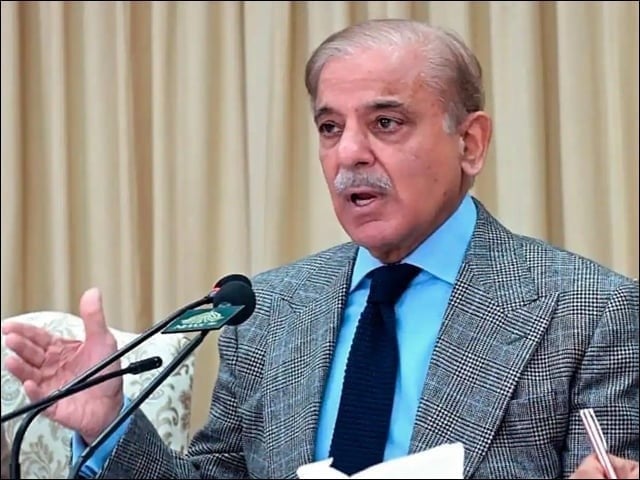Increasing Trend of Unmarried Women in Pakistan: Societal and Economic Challenges

Islamabad:Whether men or women, life feels incomplete until they enter the bonds of marriage. However, unfortunate societal and economic disparities in Pakistan have led to significant delays in marriages. The number of unmarried women continues to rise, posing not only numerous challenges but also becoming a critical social and cultural issue.
According to a recent report by UNICEF, over one crore women aged between 20 to 35 years in Pakistan are unmarried. Among them, approximately 10 lakh young girls have already crossed the typical marriageable age. Additionally, around 60 lakh unmarried women aged between 30 to 45 years face similar challenges.
These are the women for whom second marriages are an option, highlighting the urgent need for support. However, the rising demands for dowry and economic hardships make it increasingly difficult for younger unmarried girls to find suitable matches.
Advocate Hina Noreen, President of the non-governmental forum “Awareness” in Sialkot, Punjab, noted that the high number of educated unmarried women could be attributed to their educational qualifications not aligning with societal expectations. Middle-class parents strive to find suitable matches for their daughters, but the pursuit often extends the age at which the girls are considered for marriage.
Hina highlighted that societal pressures and the quest for a ‘beautiful bride’ contribute significantly to the delay in marriages. She emphasized that educated girls often face difficulties in finding matches because their independence and educational background sometimes intimidate prospective grooms and their families.
Moreover, the expenses associated with weddings, dowry customs, and increasing societal expectations further contribute to delaying marriages. These factors collectively contribute to unmarried women feeling societal pressures, emotional stress, and even depression.
Psychologist Sophia Sahil underscored that the societal emphasis on multiple marriages for men despite the Shariah allowance has led to a complex situation where unmarried women feel marginalized. She noted that many unmarried women experience psychological issues like depression and anxiety due to societal pressures and the perception of being ‘incomplete’ without marriage.
Despite the allowance for four marriages in Islamic countries, the preference for a single marriage persists, leaving a significant number of women in limbo regarding their marital status.
The increasing trend of unmarried women in Pakistan highlights a pressing social issue that requires comprehensive societal reforms and a shift in cultural perceptions to ensure the well-being and empowerment of all women.





